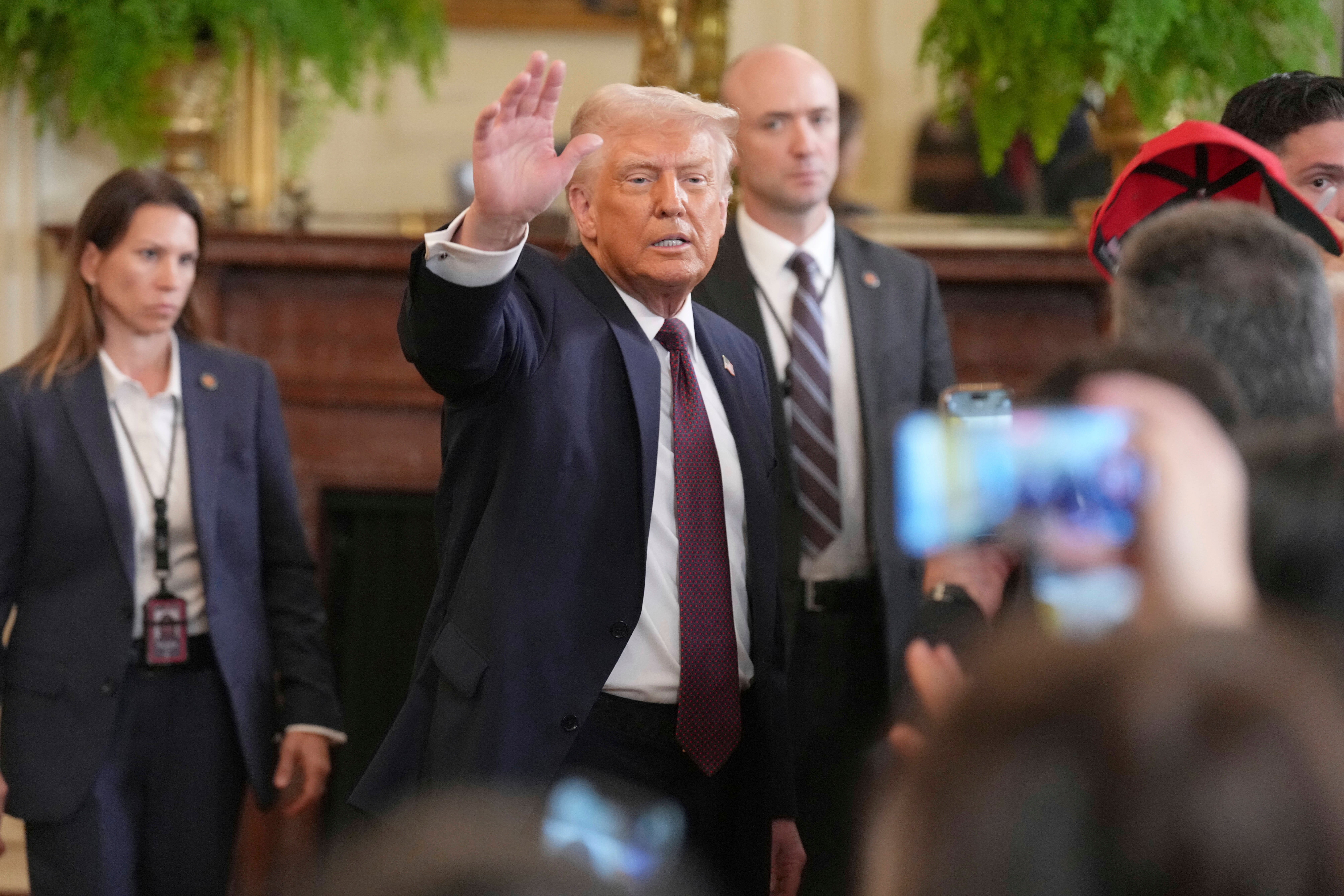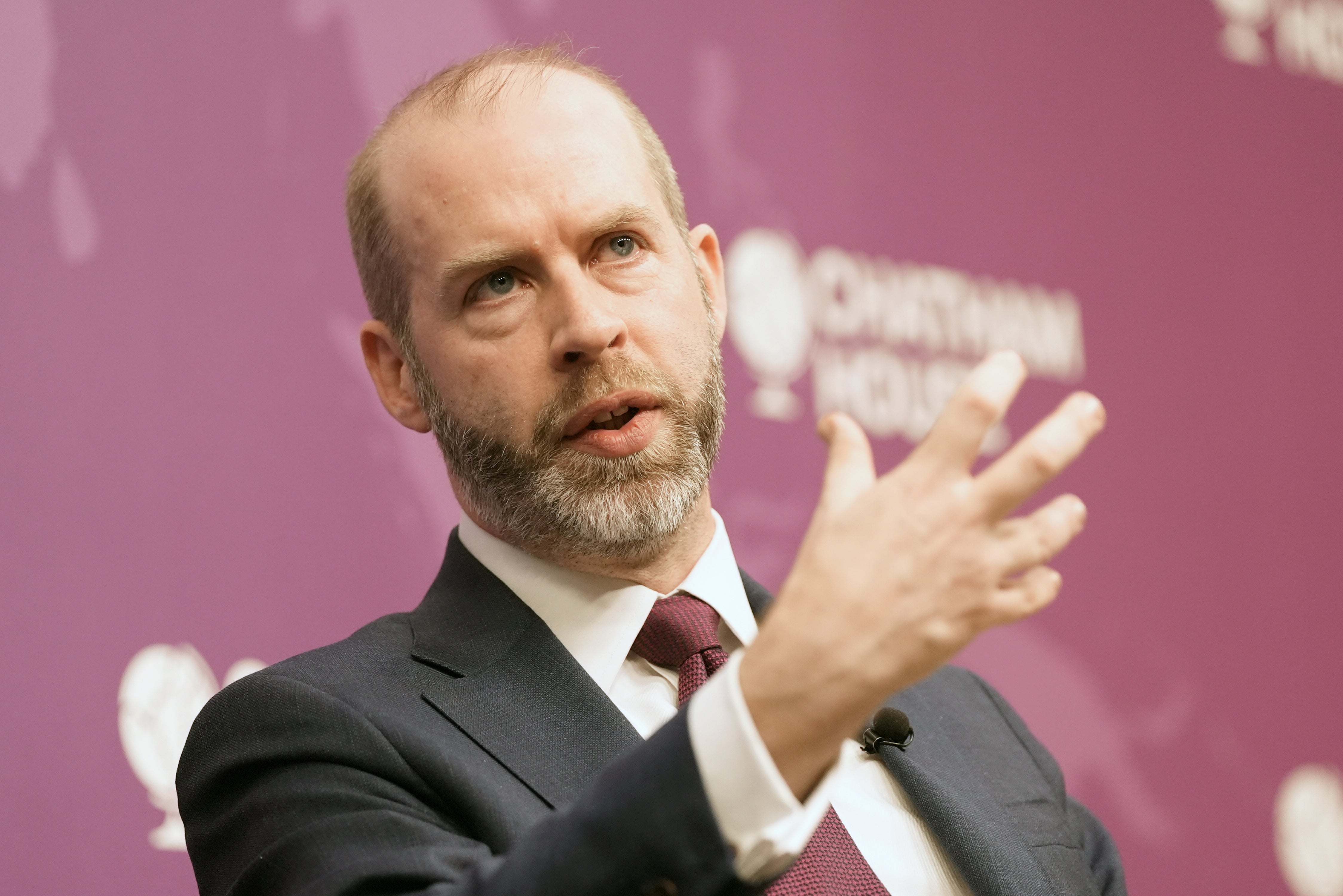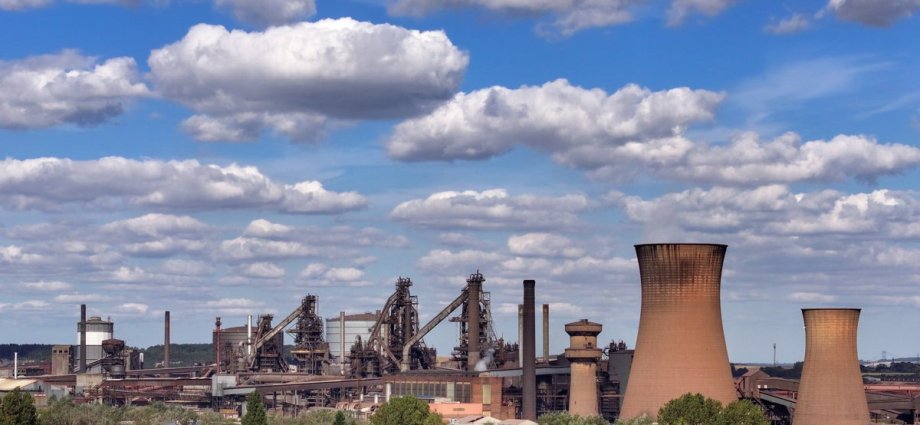More than 2,000 jobs at British Steel could be at risk after the company announced it is in talks over the possible closure of furnaces.
British Steel, the second-largest producer in the country, has launched a redundancy consultation on shutting two blast furnaces in Scunthorpe. More than half of the company’s 3,500-strong workforce could potentially be impacted.
The news comes after, it is understood, the firm’s Chinese parent company Jingye rejected a £500m subsidy offer from the UK government.
The steel industry was hit earlier this month by one of Donald Trump’s tariffs, which placed an additional 25 per cent cost on steel and aluminium imports and led to orders being cancelled.

Government data shows the steelmaking industry contributing £2.3bn to the UK economy in 2023, equivalent to one per cent of manufacturing output.
The Financial Times and Sky reported on Wednesday that the government’s offer, made by business secretary Jonathan Reynolds in an attempt to aid the transition to producing green steel, had been turned down.
Jingye said that since it took over British Steel in 2020 it has invested more than £1.2 billion to maintain operations amid ongoing production instability and “significant” financial losses of around £700,000 a day.
It said: “Despite this, the blast furnaces and steelmaking operations are no longer financially sustainable due to highly challenging market conditions, the imposition of tariffs, and higher environmental costs relating to the production of high-carbon steel.
“The company had sought support from the UK government for a major capital investment in two new electric arc furnaces (EAFs).
“However, following many months of negotiations, no agreement has been reached.
“As a result, the difficult decision has been made to consult with employees and to consider proposals to close the blast furnaces and steelmaking operations and reduce rolling mill capacity.”

The company will begin formal consultation with its workforce and unions from Thursday.
British Steel chief executive Zengwei An said: “We understand this is an extremely difficult day for our staff, their families, and everyone associated with British Steel.
“But we believe this is a necessary decision given the hugely challenging circumstances the business faces.
“We remain committed to engaging with our workforce and unions, as well as our suppliers and customers during this time.”
Unions are calling on the government to help secure the future of British Steel with Community, the GMB and Unite calling the announcement “devastating” news.
Industry minister Sarah Jones told the business and trade select committee that they were “still in talks”, but reports suggest Jingye were looking for in excess of £1bn from the aid package.
Community Trade Union general secretary, Roy Rickhuss, released a statement noting a “dark day” for the industry.
“We urge Jingye and the UK Government to get back around the table to resume negotiations before it is too late,” he said.
“Cruciallly, Jingye have not ruled out retaining the blast furnaces during a transition to low carbon steelmaking if they can secure the backing of the Government.
“The closures at Scunthorpe would represent a hammer blow to communities which were built on steel, and where the industry still supports thousands of jobs directly and thousands more through extensive supply chains.”
Community had unveiled its plan in February aimed at securing a future for the Scunthorpe sites amid a shift towards greener production.











